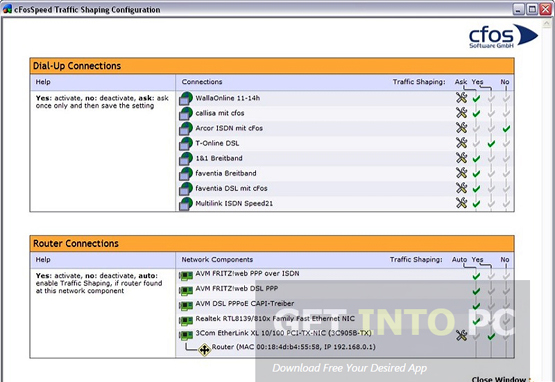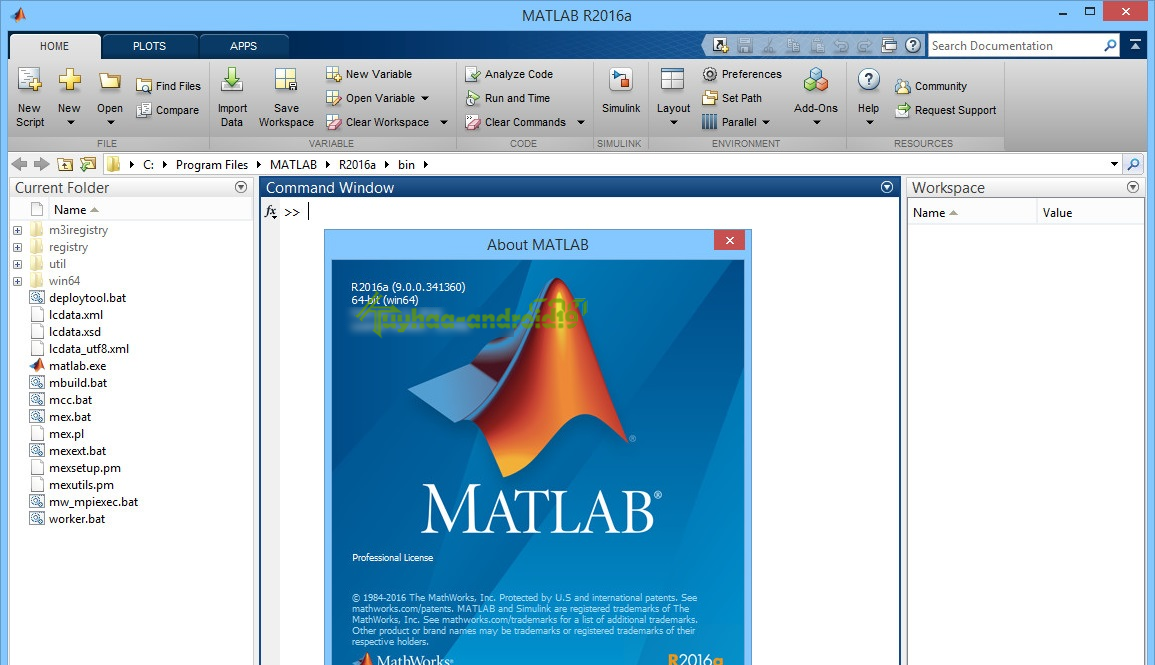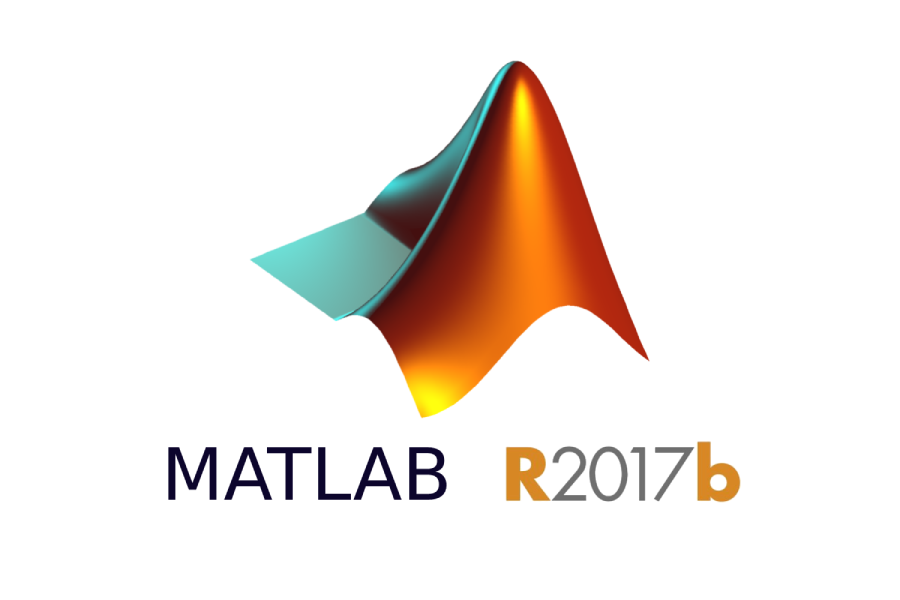
- #Download matlab for mac full version mac os x
- #Download matlab for mac full version driver
- #Download matlab for mac full version software
- #Download matlab for mac full version code
- #Download matlab for mac full version series
CUB is new one of more supported C++ libraries.nvJPEG – Hybrid (CPU and GPU) JPEG processingĬUDA 11.0-11.8 comes with these other components:.NVCUVID – NVIDIA Video Decoder was deprecated in CUDA 9.2 it is now available in NVIDIA Video Codec SDKĬUDA 10 comes with these other components:.CUTLASS 1.0 – custom linear algebra algorithms,.GameWorks PhysX – is a multi-platform game physics engineĬUDA 9.0–9.2 comes with these other components:.NVWMI – NVIDIA Enterprise Management Toolkit.
#Download matlab for mac full version software

#Download matlab for mac full version series
CUDA works with all Nvidia GPUs from the G8x series onwards, including GeForce, Quadro and the Tesla line.
#Download matlab for mac full version mac os x
Mac OS X support was later added in version 2.0, which supersedes the beta released February 14, 2008. The initial CUDA SDK was made public on 15 February 2007, for Microsoft Windows and Linux.
#Download matlab for mac full version driver
ĬUDA provides both a low level API (CUDA Driver API, non single-source) and a higher level API (CUDA Runtime API, single-source). CUDA has also been used to accelerate non-graphical applications in computational biology, cryptography and other fields by an order of magnitude or more. In the computer game industry, GPUs are used for graphics rendering, and for game physics calculations (physical effects such as debris, smoke, fire, fluids) examples include PhysX and Bullet. Third party wrappers are also available for Python, Perl, Fortran, Java, Ruby, Lua, Common Lisp, Haskell, R, MATLAB, IDL, Julia, and native support in Mathematica. In addition to libraries, compiler directives, CUDA C/C++ and CUDA Fortran, the CUDA platform supports other computational interfaces, including the Khronos Group's OpenCL, Microsoft's DirectCompute, OpenGL Compute Shader and C++ AMP. Fortran programmers can use 'CUDA Fortran', compiled with the PGI CUDA Fortran compiler from The Portland Group. C/C++ programmers can use 'CUDA C/C++', compiled to PTX with nvcc, Nvidia's LLVM-based C/C++ compiler, or by clang itself. The CUDA platform is accessible to software developers through CUDA-accelerated libraries, compiler directives such as OpenACC, and extensions to industry-standard programming languages including C, C++ and Fortran.

Simultaneous call of the same subroutine on many processors The following table offers a non-exact description for the ontology of CUDA framework. This design is more effective than general-purpose central processing unit (CPUs) for algorithms in situations where processing large blocks of data is done in parallel, such as:

By 2012, GPUs had evolved into highly parallel multi-core systems allowing efficient manipulation of large blocks of data. The graphics processing unit (GPU), as a specialized computer processor, addresses the demands of real-time high-resolution 3D graphics compute-intensive tasks. When it was first introduced, the name was an acronym for Compute Unified Device Architecture, but Nvidia later dropped the common use of the acronym.įurther information: Graphics processing unit

#Download matlab for mac full version code
CUDA-powered GPUs also support programming frameworks such as OpenMP, OpenACC and OpenCL and HIP by compiling such code to CUDA.ĬUDA was created by Nvidia. This accessibility makes it easier for specialists in parallel programming to use GPU resources, in contrast to prior APIs like Direct3D and OpenGL, which required advanced skills in graphics programming. ĬUDA is designed to work with programming languages such as C, C++, and Fortran. CUDA is a software layer that gives direct access to the GPU's virtual instruction set and parallel computational elements, for the execution of compute kernels. CUDA (or Compute Unified Device Architecture) is a parallel computing platform and application programming interface (API) that allows software to use certain types of graphics processing units (GPUs) for general purpose processing, an approach called general-purpose computing on GPUs ( GPGPU).


 0 kommentar(er)
0 kommentar(er)
